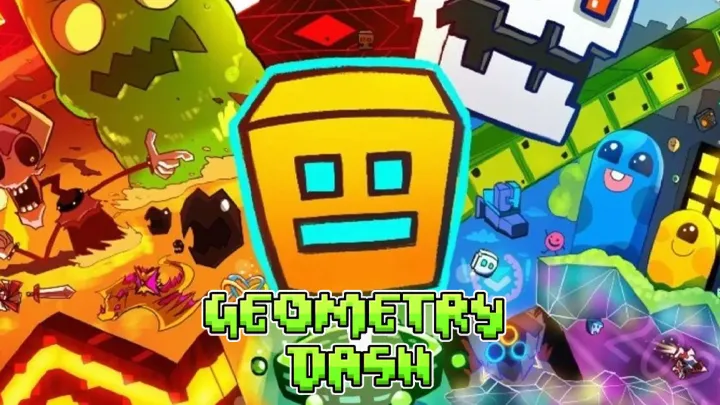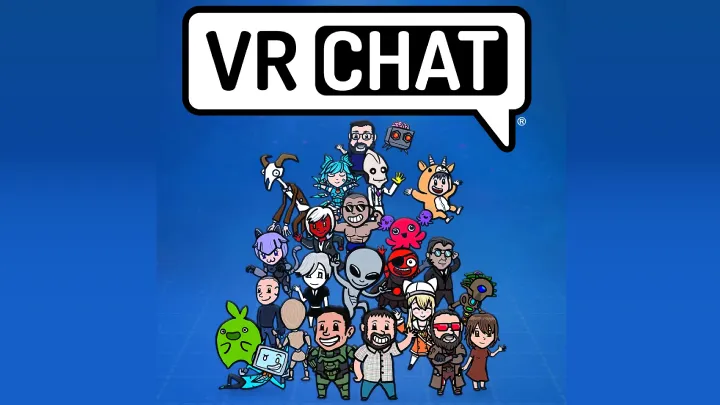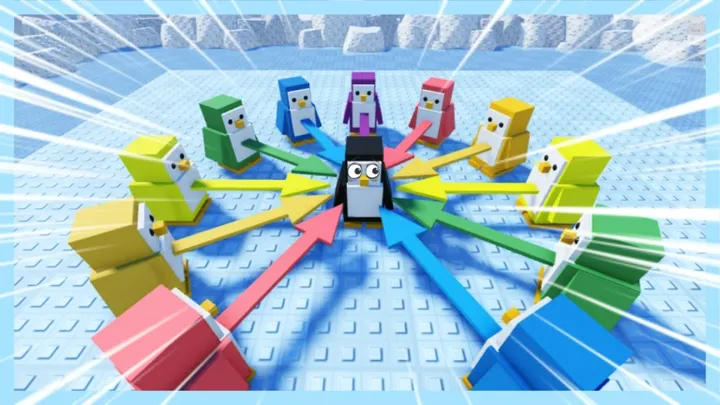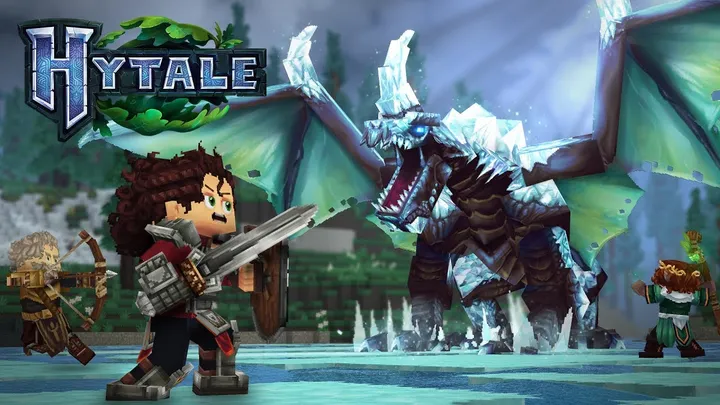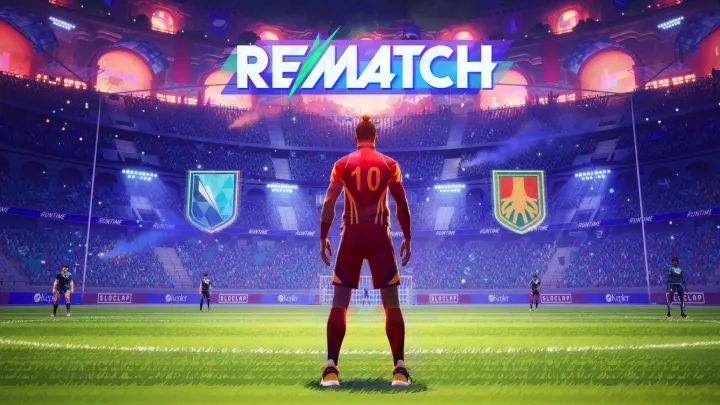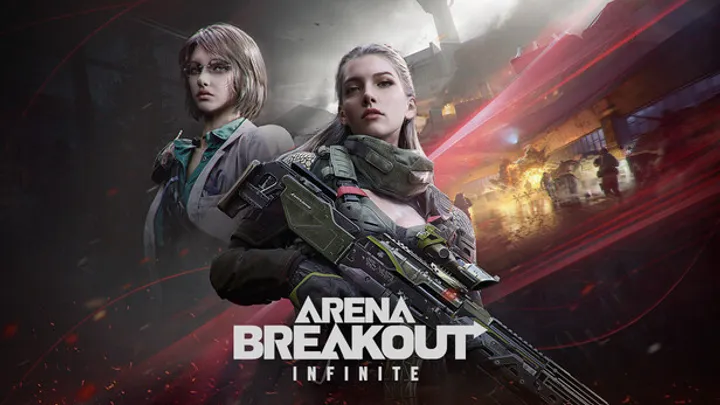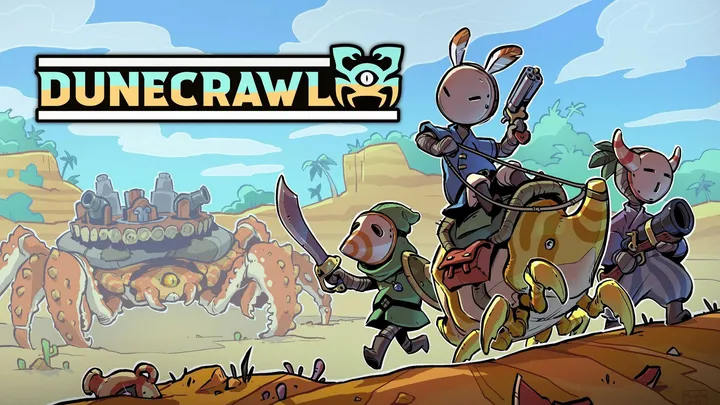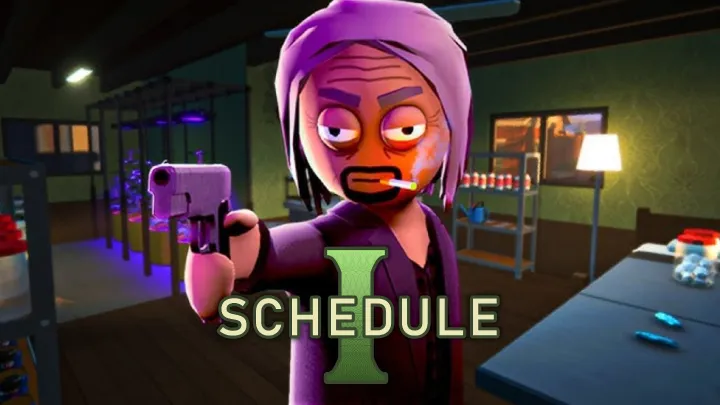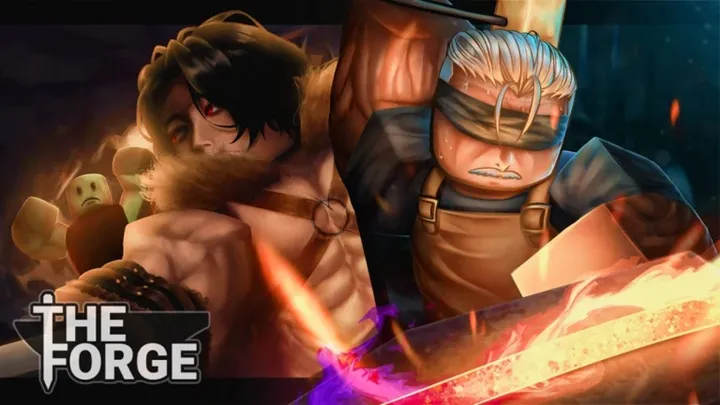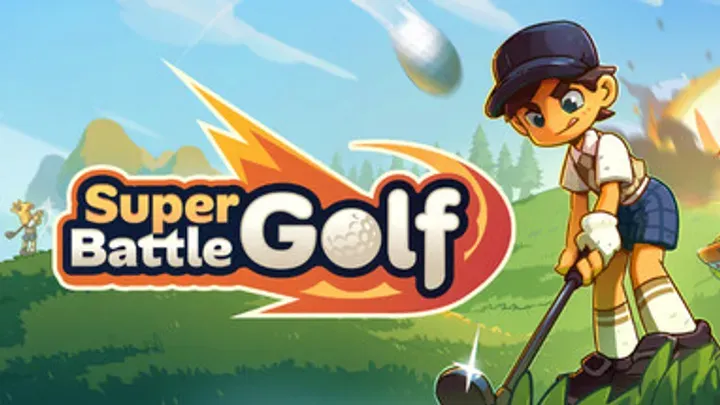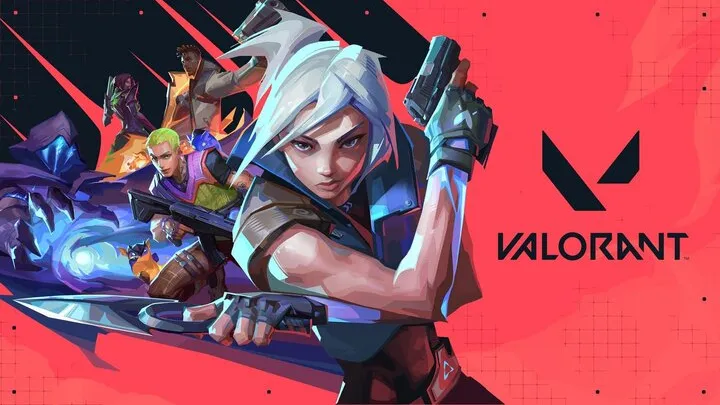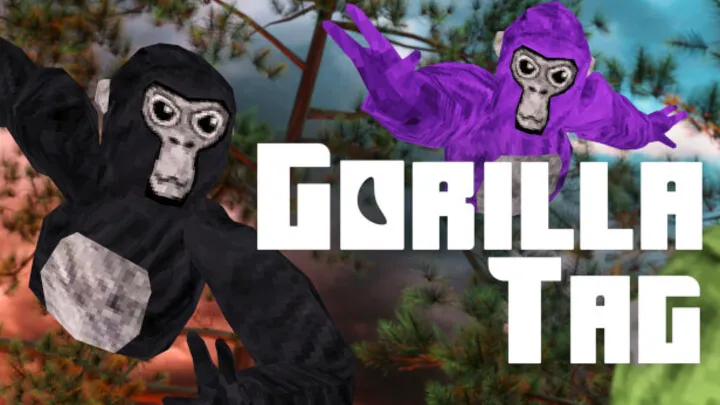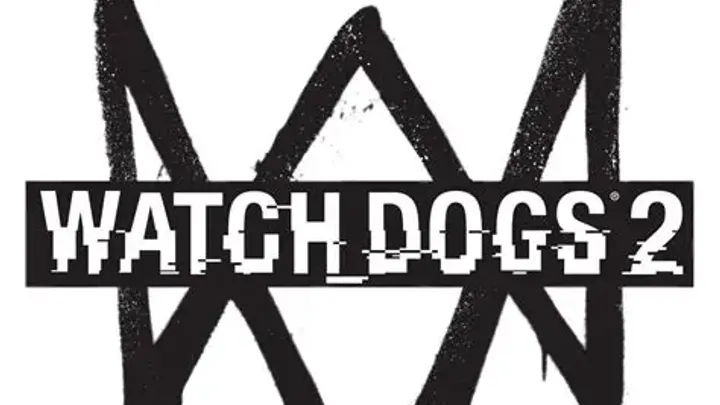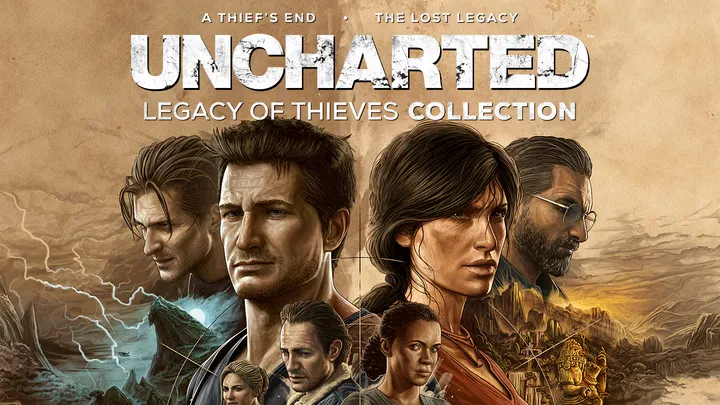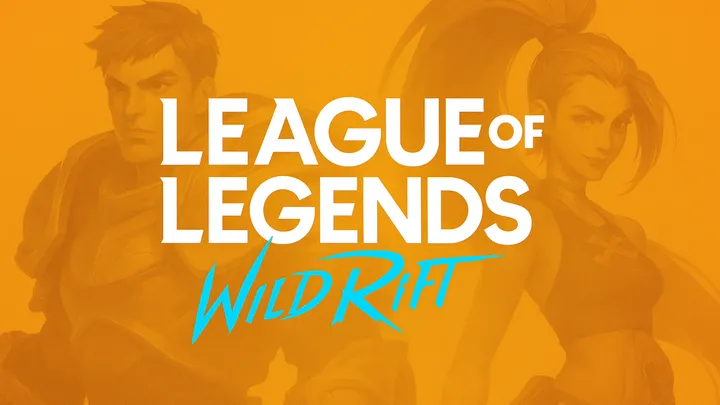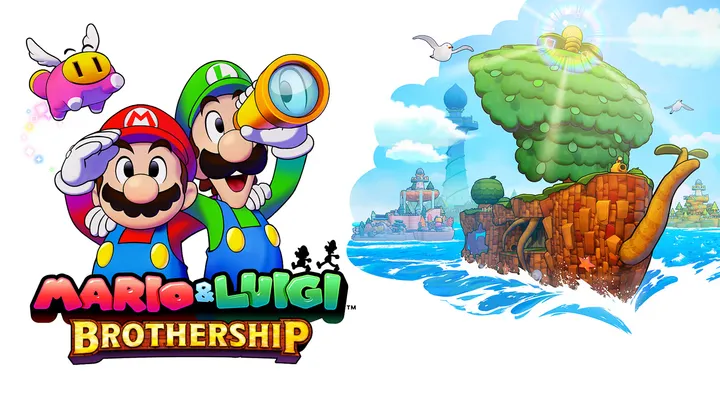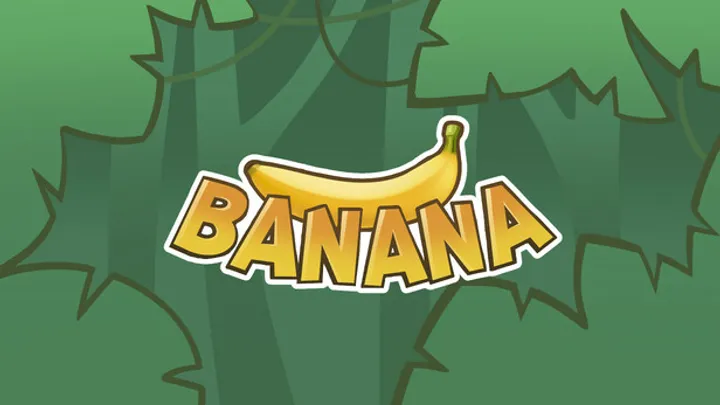Geometry Dash: The Ultimate Rhythm-Based Platformer That Defies Gravity
Geometry Dash is more than just a simple tap-to-jump game — it's a visually stimulating, rhythm-based platformer that has captivated millions of players around the globe since its launch. With its electrifying soundtrack, intense gameplay, and near-impossible levels, Geometry Dash offers both a rewarding challenge and an addictive loop of retries and triumphs. In this in-depth review, we’ll explore the game's evolution, gameplay mechanics, community, updates, and why it remains one of the most iconic indie games on mobile and PC platforms.
1. The Birth of Geometry Dash
A One-Man Indie Success Story
Geometry Dash was developed and published by Robert Topala, under the game studio RobTop Games, and released in August 2013. Unlike most mobile games at the time, Geometry Dash did not rely on freemium elements or ads, but instead focused entirely on pure, skill-based gameplay.
Concept and Inspiration
The inspiration for the game came from a simple prototype Robert created, which involved a cube that could jump over spikes. As development progressed, the concept of synchronizing movement with music became central, and thus, a rhythm-based platformer was born. The blend of tight platforming and pulsating beats gave Geometry Dash its unique identity.
2. Understanding the Core Gameplay
Simple Controls, Brutal Difficulty
At its core, Geometry Dash uses one-touch controls — players tap to make the character jump or fly. However, this simplicity is deceptive. The game is notoriously difficult, requiring perfect timing and memorization to survive each level.
Game Modes and Mechanics
As the game progressed through updates, it introduced different vehicle forms:
- Cube: The basic form that jumps.
- Ship: Flies and responds to touch like Flappy Bird.
- Ball: Flips gravity when tapped.
- UFO, Wave, Robot, Spider: Each introduces unique physics and challenges.
Switching between these mid-level adds an extra layer of complexity.
3. The Role of Music in Gameplay
Synced Levels with EDM Beats
Geometry Dash levels are closely tied to electronic music tracks, mostly from artists like DJVI, F-777, and Waterflame. The beats and drops act as visual and timing cues, reinforcing player muscle memory.
Audio as a Gameplay Tool
Each jump, obstacle, and portal is strategically placed to match the music, making rhythm not just a feature but an essential gameplay mechanic. Players often memorize the music to navigate difficult segments.
4. Game Modes and Level Types
Official Levels vs. User-Created Levels
The base game contains a series of official levels designed by RobTop. Each one introduces new mechanics and gradually increases in difficulty.
Practice Mode and Custom Challenges
Players can:
- Use Practice Mode to place checkpoints.
- Explore Demon-rated levels (hardest difficulty).
- Play Daily, Weekly, and Gauntlet Challenges.
These additional modes offer near-infinite content and keep gameplay fresh.
5. Community-Created Content and Level Editor
The Power of User Levels
Since version 1.9, Geometry Dash includes a level editor, allowing players to design and upload their own levels. This feature exploded in popularity, turning Geometry Dash into a community-driven platform.
Top Creations and Verified Challenges
Some user-created levels rival or even surpass the difficulty and creativity of official levels. Notable examples include:
- Bloodbath by Riot
- Sonic Wave by Cyclic
- Tartarus by Dolphy
These extreme demons often require hundreds of hours to complete and are seen as badges of honor in the community.
6. Major Updates Over the Years
From 1.0 to 2.2 — A Decade of Evolution
RobTop has released major updates that introduced new levels, game mechanics, and editor tools:
- v1.6: Introduced the wave form
- v1.9: Introduced the level editor and user levels
- v2.0: Brought dramatic visual improvements
- v2.1: Added the spider mode and daily levels
- v2.2 (2023): The most awaited update, adding platformer mode, camera controls, and multiplayer features
Update 2.2 – The Biggest Leap Yet
After nearly six years of delay, update 2.2 completely transformed Geometry Dash into a semi-platformer game with free-movement sections and vertical level designs. This update revitalized the player base and introduced new creative possibilities.
7. The Geometry Dash Community
Global Fanbase and Creators
The Geometry Dash fanbase is passionate and global. YouTube creators like GuitarHeroStyles, Nexus, and Wulzy have built massive followings by showcasing level completions, editor guides, and fan-made content.
Competitions and Leaderboards
Players compete for:
- Leaderboard rankings
- Fastest completions of Extreme Demons
- Top creator awards
Communities on Discord and Reddit continue to thrive with thousands of active members.
8. Spin-Offs and Variants
Geometry Dash Lite, SubZero, Meltdown, World
RobTop released free-to-play variants with exclusive levels and soundtracks:
- Lite: A demo with fewer levels
- Meltdown: Features F-777’s music
- World: Introduces daily levels
- SubZero: Highlights new 2.2 mechanics
These spin-offs serve as onboarding experiences and also showcase different musical artists.
Console or PC Expansion?
Although primarily a mobile game, Geometry Dash is also available on Steam for Windows and macOS. The PC version offers enhanced controls via keyboard and a larger screen, making it ideal for custom level creators.
9. Final Rating: 9.3/10
Geometry Dash is more than a game—it’s a global platform for creativity, challenge, and rhythm-based fun. It rewards players who persist through failure and allows creators to shape entire worlds of their own design. Even a decade after its release, it remains relevant, vibrant, and addictive.
Whether you're in it to beat Deadlocked or design the next viral Demon level, Geometry Dash is a must-play title for fans of precision platformers and rhythm gaming alike.














































